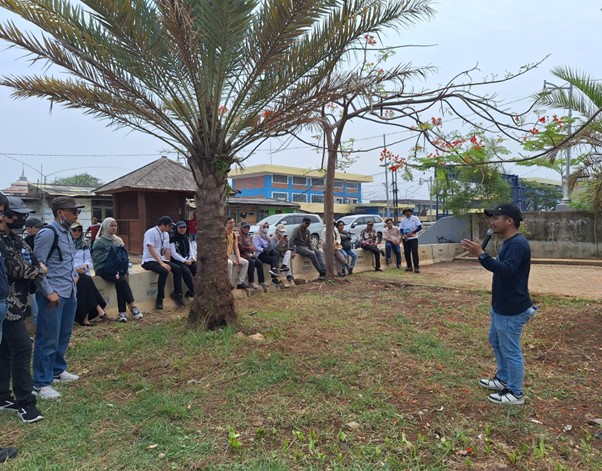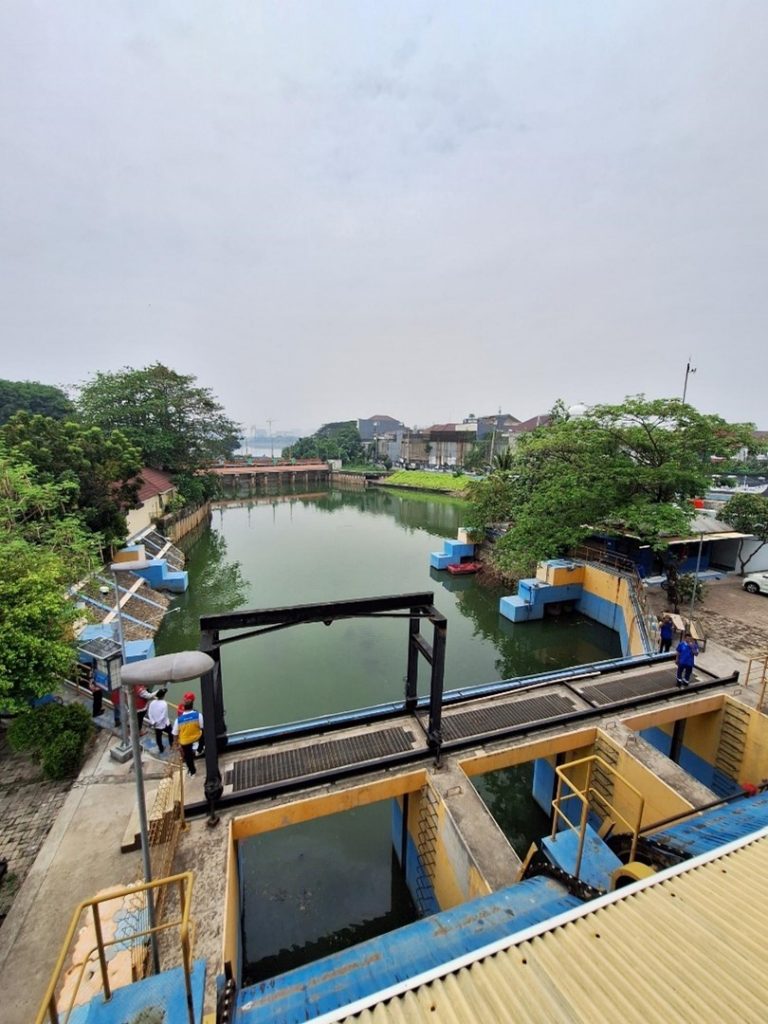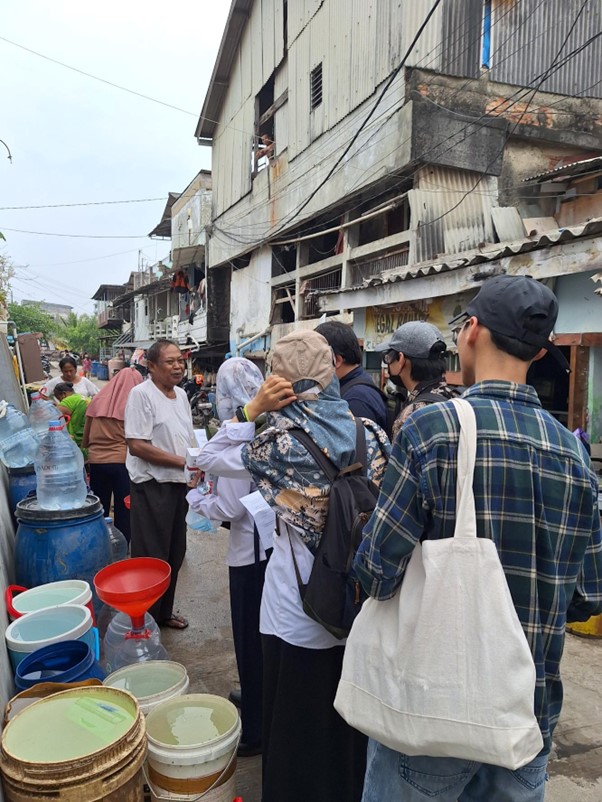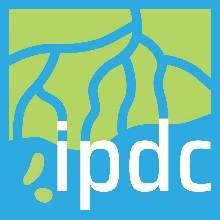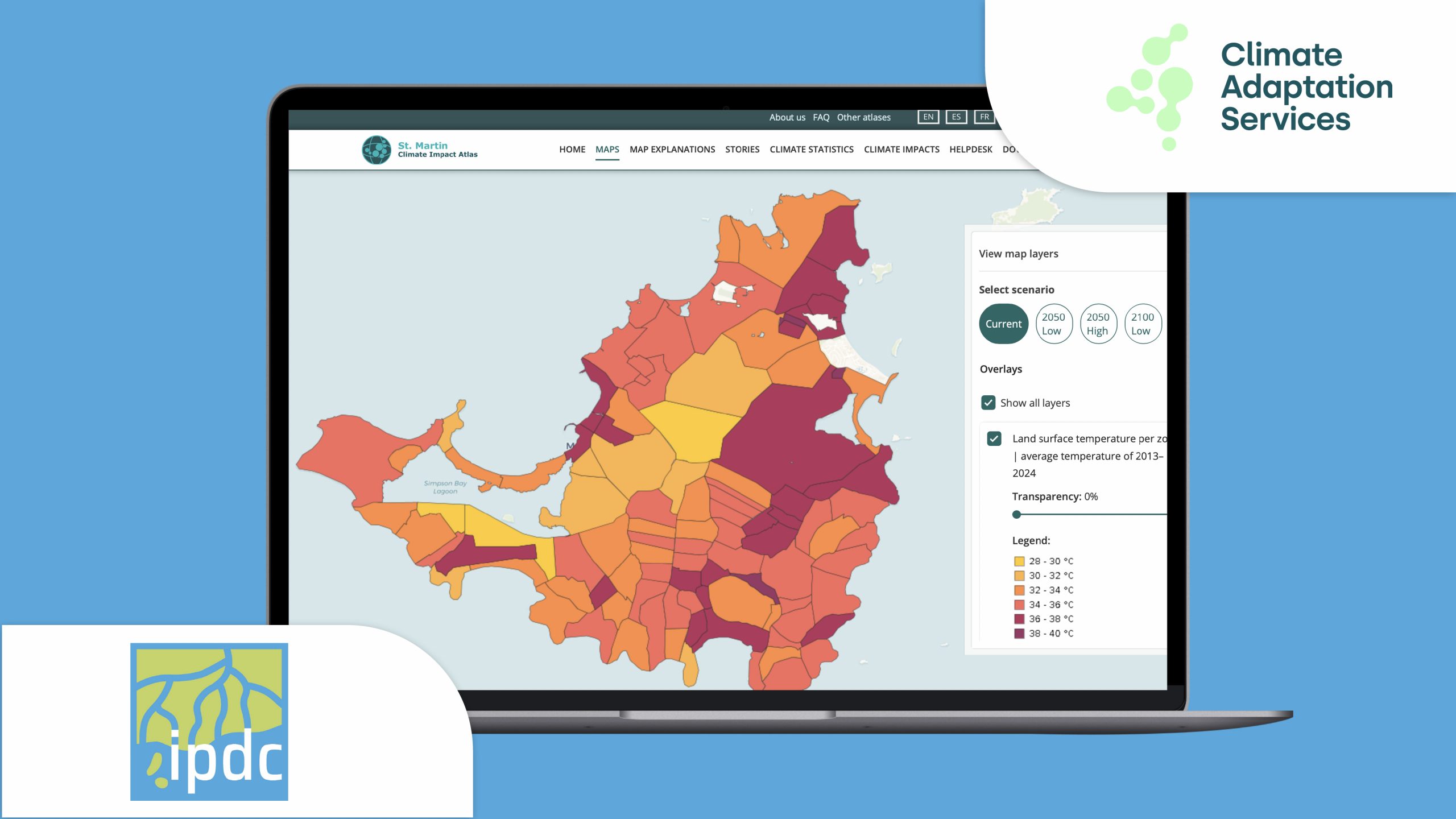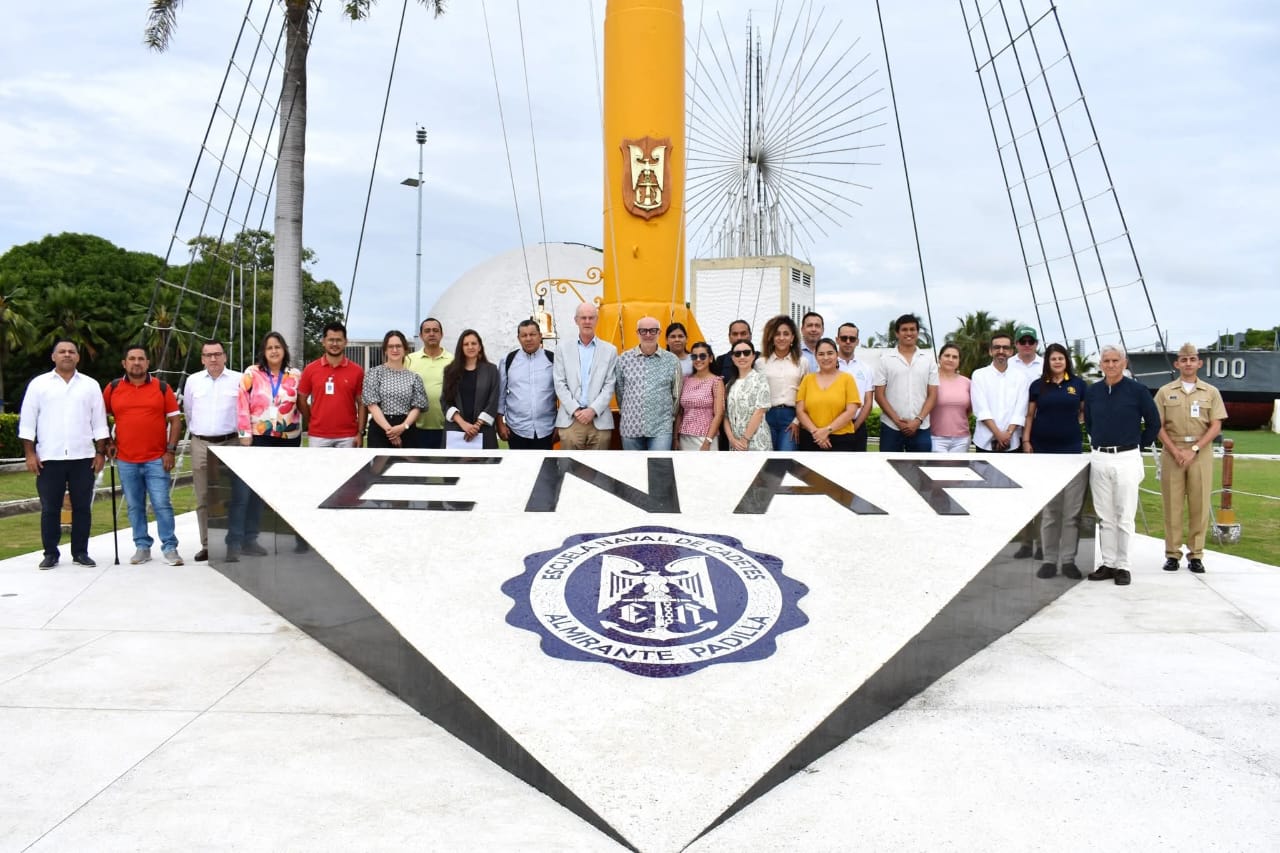Last week, the IPDC organised a seminar in Jakarta, in collaboration with the Indonesian Ministry of Public Works (PU) and the Indonesian Ministry of National Development Planning (Bappenas). The seminar aimed to further shape the water climate adaptation knowledge agenda within the context of the Indonesia-Netherlands cooperation. The session focused on aligning and building on existing initiatives, and providing technical flood modelling training for technical staff at the ministries and universities.

Session focus
The seminar was attended by over 75 participants from Indonesian national and local government, universities, the World Bank, the Asian Development Bank, and others. Over the course of three days, participants:
- Heard more about Indonesia’s ongoing efforts related to climate adaptation, and about their most urgent priorities in the near future. Land subsidence is a major challenge in Indonesia, with Jakarta particularly affected. Transformative adaptation approaches are key to tackling these challenges.
- Participated in an IPDC scoping workshop, identifying knowledge gaps and future actions.
- Technical staff received flood modelling training, using FloodAdapt. Within the space of one day, they learnt to use the model, applying different climate scenarios and different measures in Semarang. Following the training, participants presented their results, demonstrating which types of measures (grey and green infrastructure) would result in the maximum reduced flood damages, reduced vulnerabilities, and people affected.
- Visited green and grey coastal resilience infrastructure in Jakarta such as the Rumah Pompa Waduk Pluit reservoir pump, spoke with local communities to gain insight on land subsidence and the measures taken, and gained insight into vulnerable communities. They also visited the TWA Mangrove Angke – a mangrove park that is a nature-based solution used for wave attenuation.
